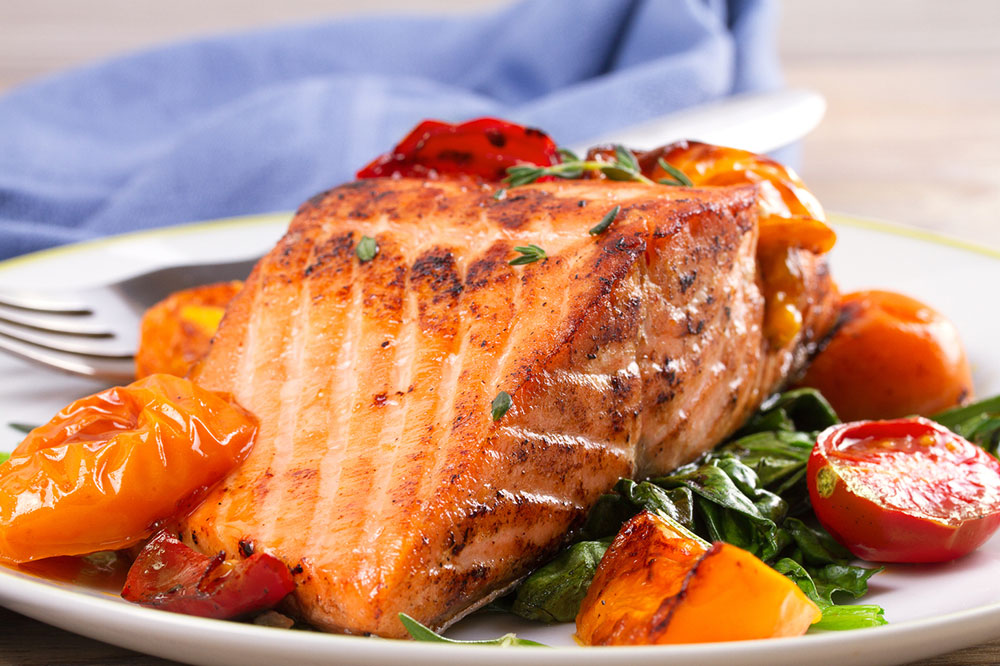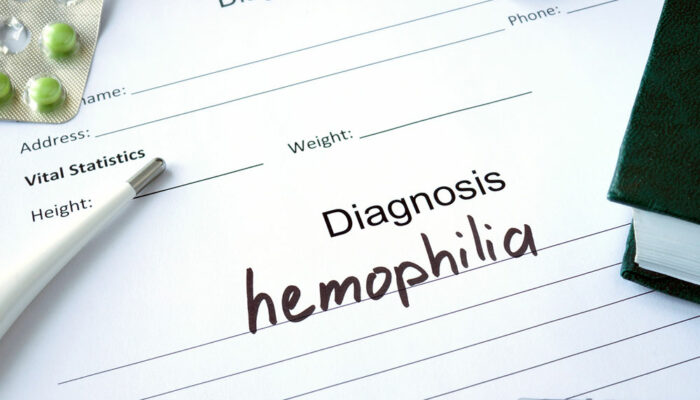
Foods to Eat and Avoid for Schizophrenia
Schizophrenia is a complex word feared by both patients and people. The absence of facial expressions, hallucinations, and delusion are a few of the most prevalent symptoms of schizophrenia. Commonly associated with poor occupational performance and physical disabilities, it is a psychosis. Many contributing factors may result in schizophrenia, such as brain chemistry, genetics, and the environment. Along with medications and treatment, there are a few mood stabilizing foods for schizophrenia.
Read on to know more about mood stabilizing foods for schizophrenia.
Foods to eat
1. Whole grains
Whole grains are incredibly healthy for the digestive system and heart. They have a relaxing and soothing impact on the brain. Carbohydrates improve serotonin production, which is a feel-good hormone that alleviates anxiety and schizophrenia. So, anytime you feel overwhelmed, you can have a meal comprising whole grains, such as whole-grain pasta, whole-grain toast, quinoa, brown rice, and oatmeal.
2. Foods with Omega-3 fatty acids
Omega-3 fatty acids, such as docosahexaenoic acid (DHA) and eicosapentaenoic acid (EPA), play a significant role in brain function. They are a vital part of the nerve cells and help improve signaling between these cells. The addition of Omega-3 fatty acids to mood stabilizers have known to relieve symptoms of schizophrenia and depression. Moreover, Omega-3 fatty acids are incredibly healthy. Vital sources of Omega-3 fatty acids include flax seeds and flax seeds oil.
3. Selenium-rich foods
Selenium is a trace element that is vital for healthy brain functioning. Several researchers have concluded that selenium deficiency can lead to anxiety, depression, and mental illnesses such as schizophrenia. The daily selenium requirement in adults is 55 micrograms. You can ingest the same via Brazilian nuts.
Foods to avoid
1. Simple carbohydrates
Do you intend to swap the wheat in your diet with other gluten-free grains? Well, speak to a medical professional before you do that. A low-carb, high-fat, and moderate protein diet, a ketogenic diet, is known to have proven health benefits in relieving the symptoms of schizophrenia. However, a lot of people who make the switch to a low-carb diet tend to experience carb flu. Things may aggravate before they get better. So, be especially careful with this one.
2. Refined sugar
Several studies have concluded that usually, people who have schizophrenia are bad eaters and have a high chance of developing diabetes. Consuming a diet with a low glycemic load, which is a blood sugar measure in the diet, eases schizophrenia symptoms. Thus, you need to get rid of foods with high doses of refined sugar, such as sweetened beverages, cake, and candies.
3. Processed oils
Saturated and refined fats trigger inflammation and worsen brain function. Unhealthy fats that you need to avoid include trans fats, fat in processed and red meats, and corn oil and sunflower oil.



